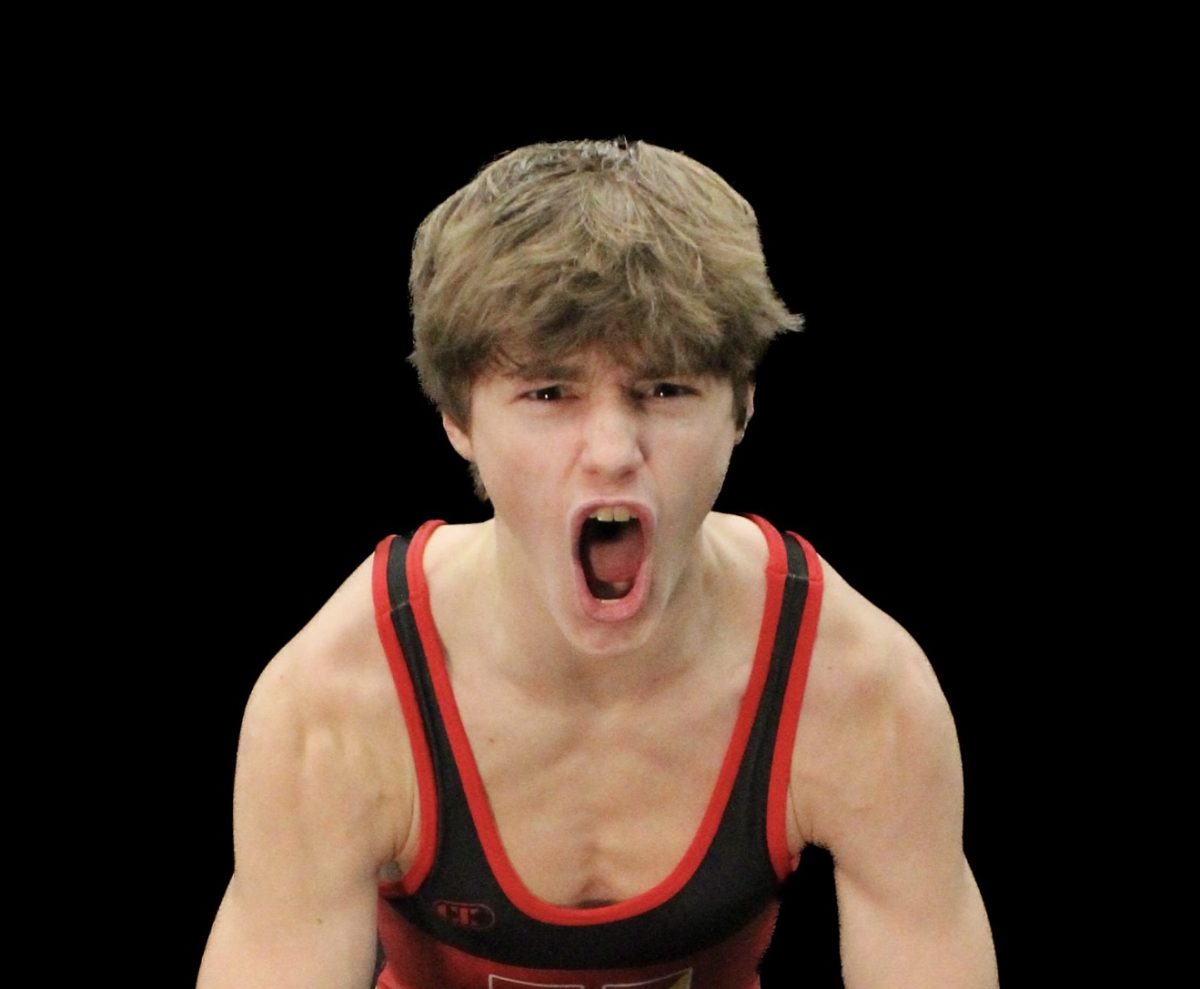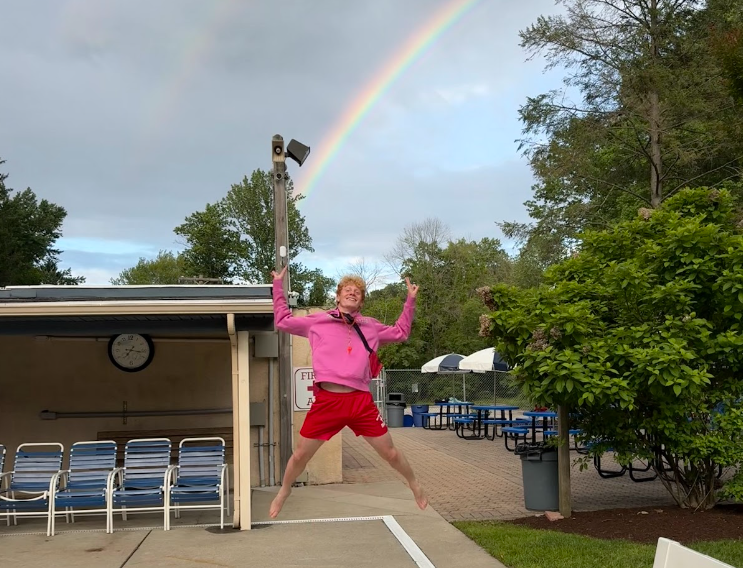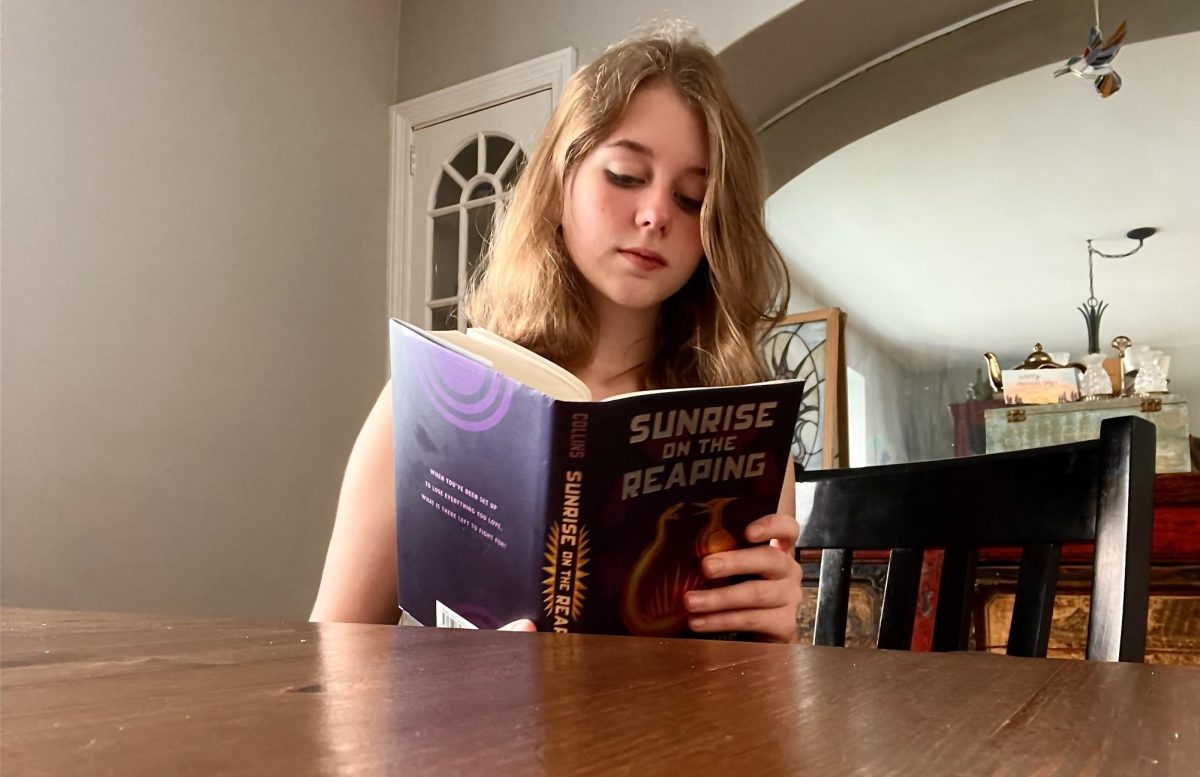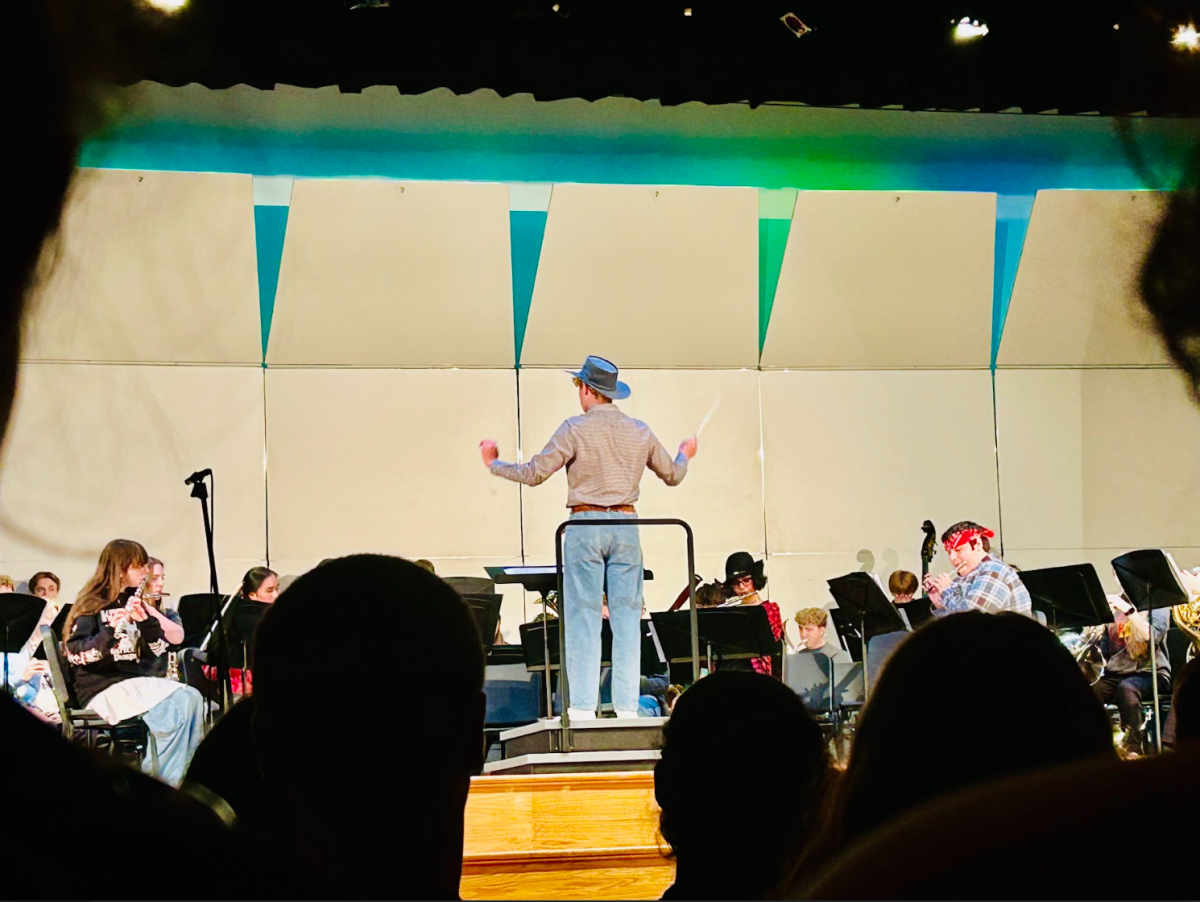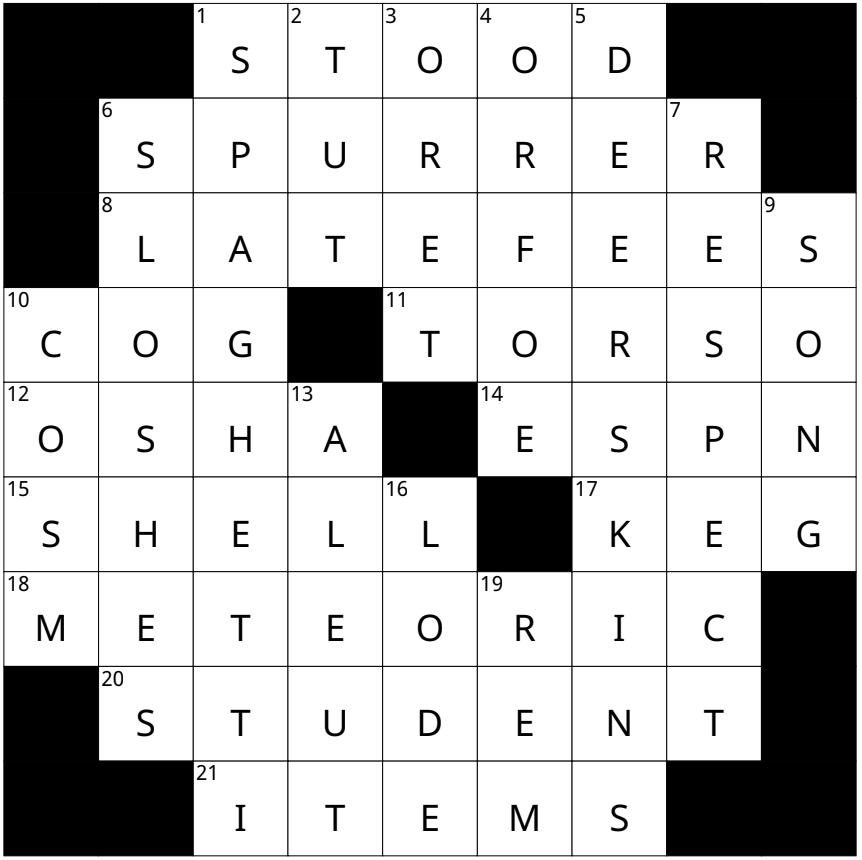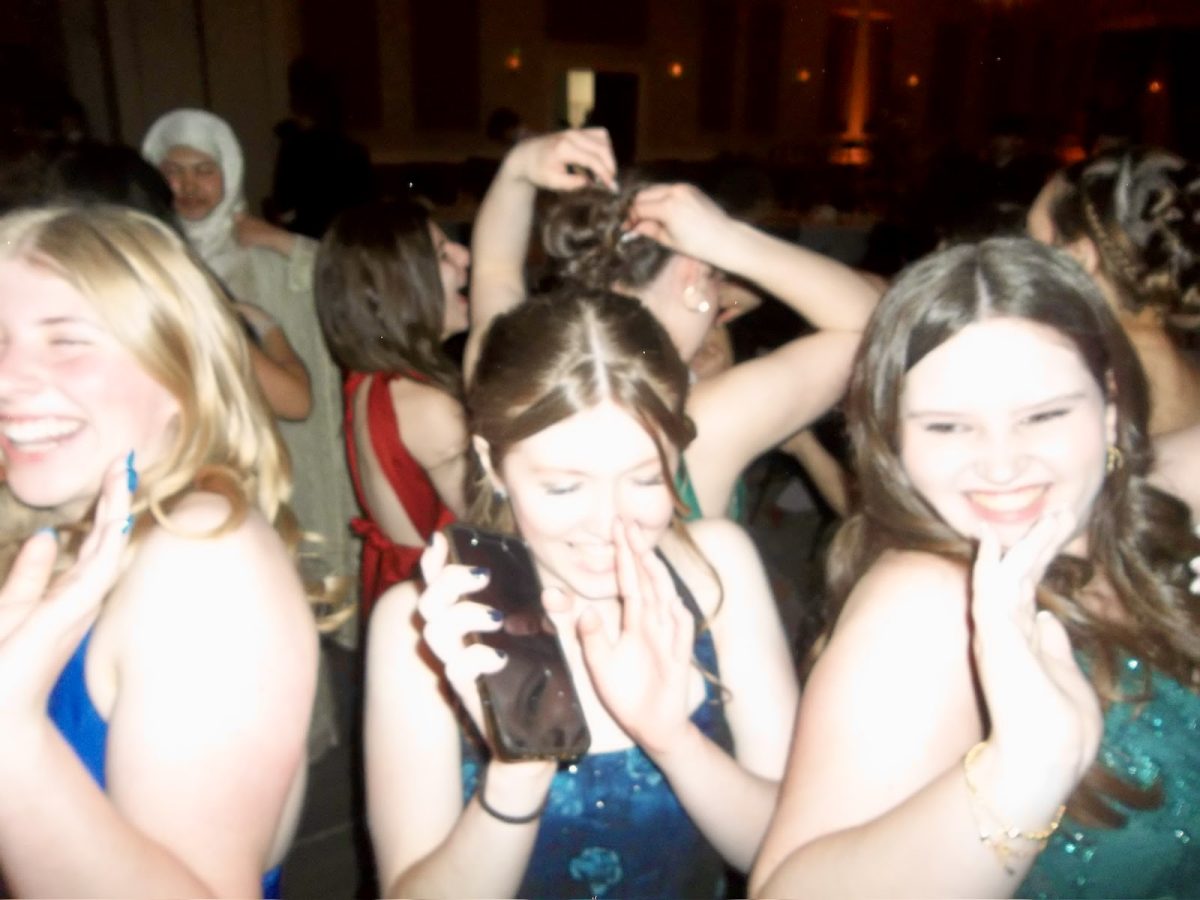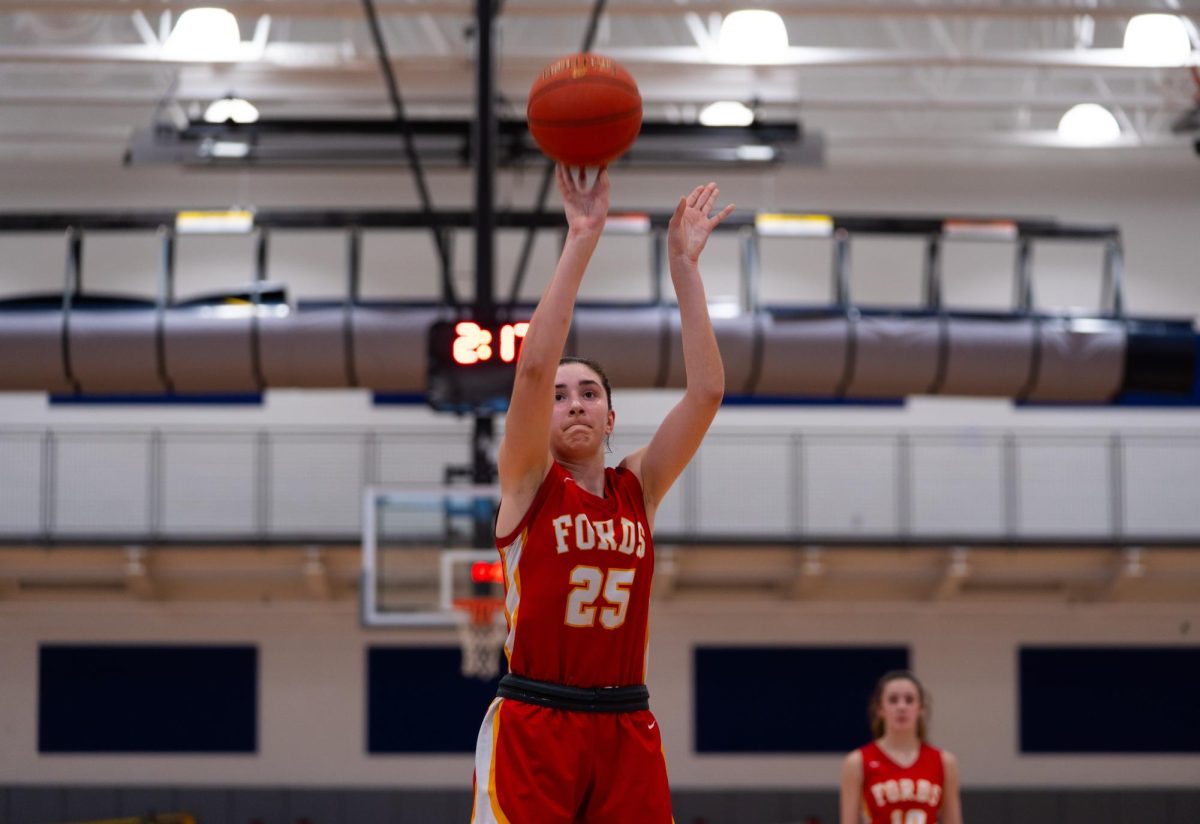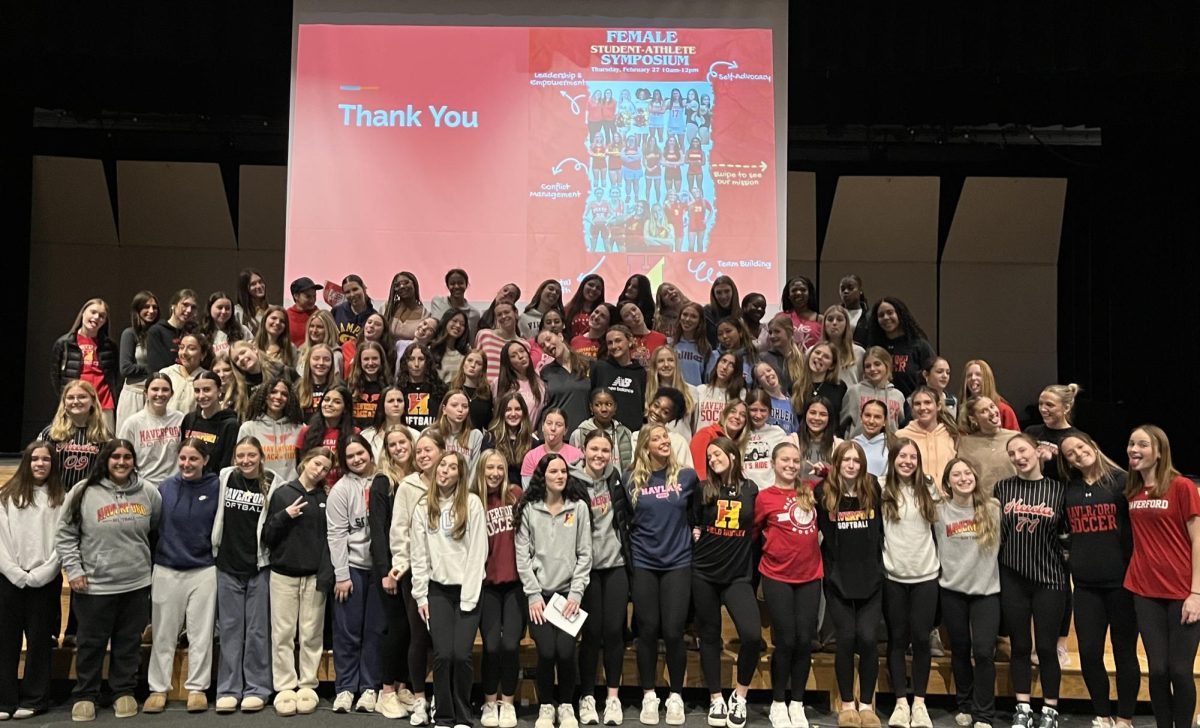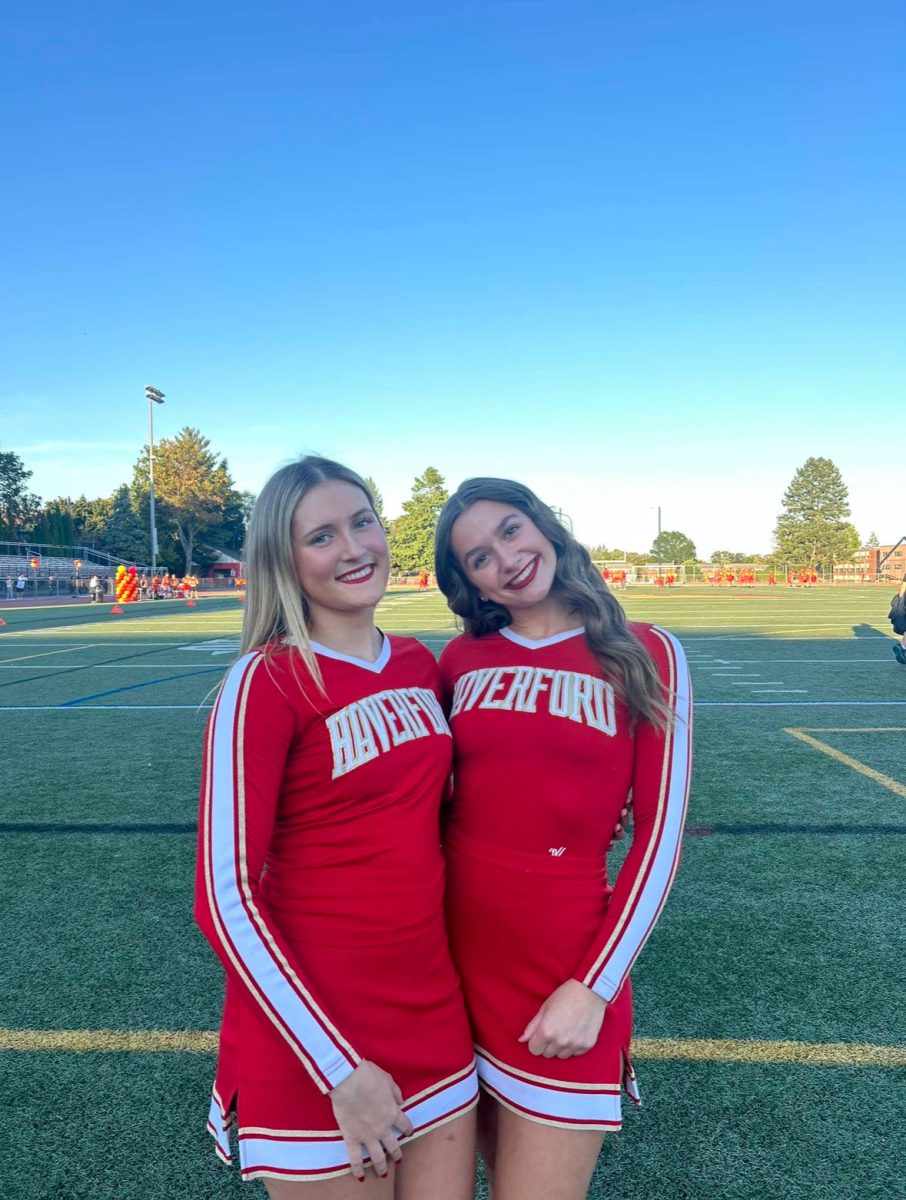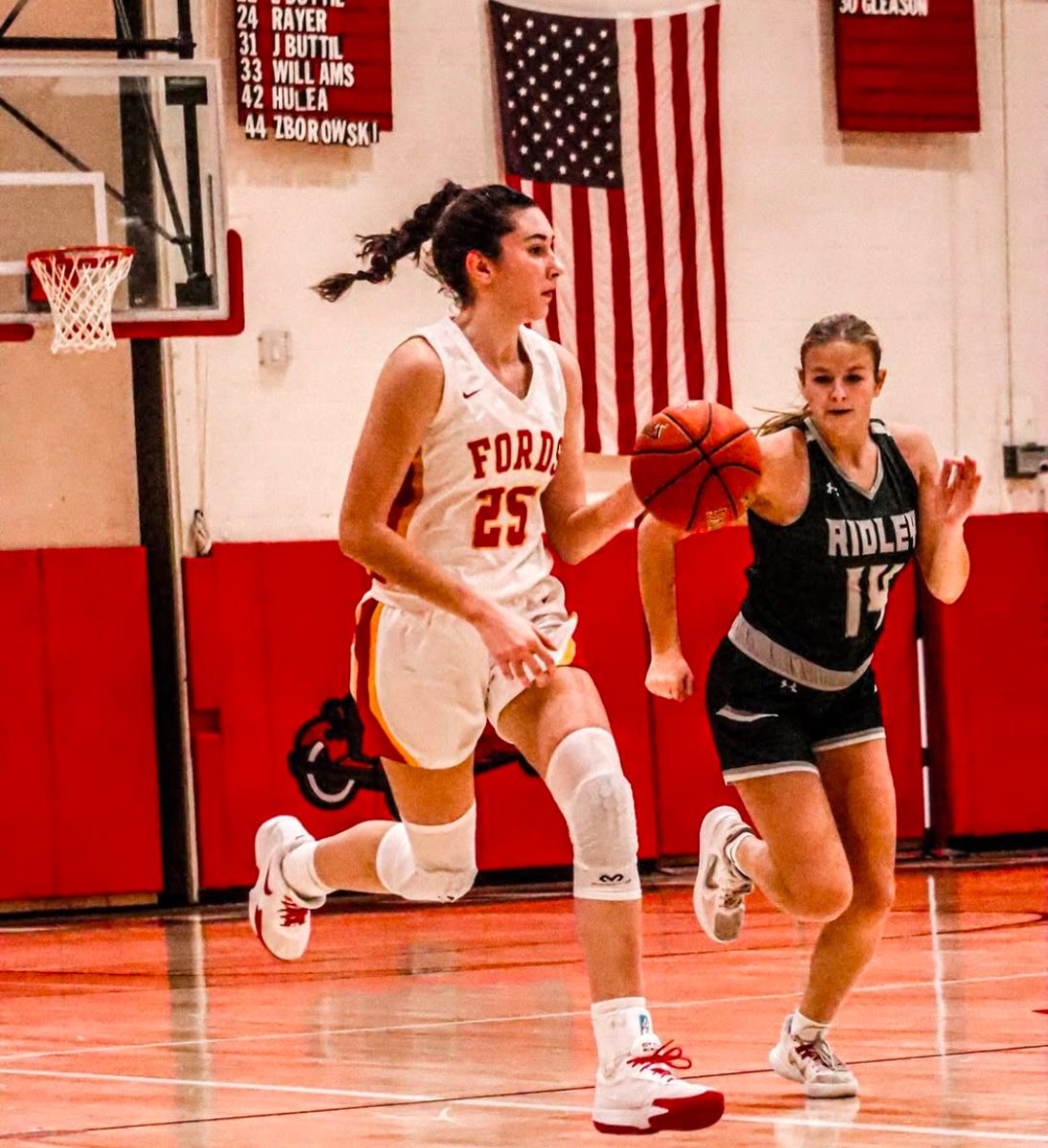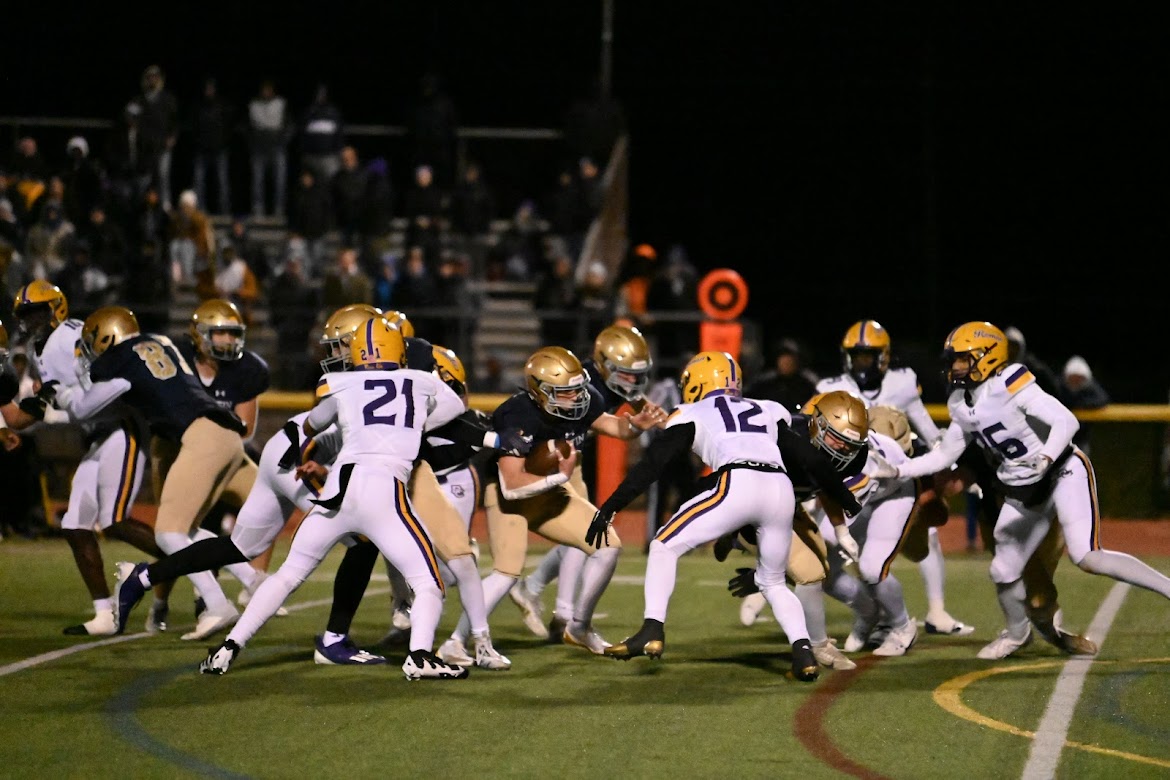Senior varsity wrestler and team captain, Micah Lozano, has made a name for himself throughout his high school career. Lozano is a dedicated community member, student, and athlete. He succeeds in both academic and extracurricular settings. Managing a busy course load and the stress of senior year hasn’t stopped Lozano from prioritizing his role on the Haverford Wrestling team. The strong team culture promoted by Lozano, as a team captain since his junior year, does not go unnoticed. Lozano continues to lead the team to victory and acknowledges the importance of teamwork in a sport that may seem very individual.
Q: How has your leadership role on the Haverford Wrestling team prepared you for your future?
Being a leader on the Haverford Wrestling team has taught me a lot and prepared me for the future. Wrestling takes a ton of discipline, toughness, and problem-solving, and leading the team pushed me to set an example and help others do the same. I learned how to bring people together, work through challenges, and stay calm under pressure. I also got better at communicating clearly, supporting my teammates, and staying accountable. Helping younger teammates grow was especially rewarding, and it showed me how important it is to lead by serving others. These experiences will help me handle challenges, work with people, and lead wherever life takes me.
Q: What are some of your goals for the rest of this season?
My personal goal is to get 30 wins this season, win the Central League Tournament and make it to Regionals again this year. My goal for the team is to win Centrals and send at least 5 guys to the Regional Tournament.
Q: What is the team culture/bond like?
Over the years that I’ve been on the team, our team has gotten closer and closer to each other, especially this year’s group of seniors. Wrestling is an extremely tough sport with very little reward, so being able to tough it out with your teammates makes the battle much easier.
Q: Can you tell me about any of your specific achievements throughout your high school seasons?
I am a two-time regional qualifier, and I placed fourth at districts my sophomore year and second my junior year. Last year I got third at the Central League Tournament and won our team’s Most Outstanding Wrestler award.
Q: Has it been difficult competing at such a high level since freshman year?
Competing at such a high level since freshman year has definitely been challenging, but it’s also been incredibly rewarding. Wrestling is a sport that pushes you physically and mentally every single day, and starting at such a competitive level early on requires a steep learning curve. The pressure to perform against more experienced opponents was tough, but it taught me how to embrace challenges, stay focused, and keep improving. Over time, I learned to turn those challenges into motivation, and the work ethic I developed has shaped both my skills on the mat and my character overall. While it hasn’t always been easy, the growth and lessons I’ve gained from competing at this level have made every struggle worth it.
Q: Did you feel more pressure when Haverford Wrestling was undefeated in dual meets?
As a team, we look to attack each match with the same intensity as any other match. So, while being undefeated was an added bonus, it didn’t affect how we wrestled.
Q: What do you want to be remembered for on the Haverford Wrestling team?
When I first entered high school, my goal was simple: to become a better wrestler than my brother. But over time, my focus has shifted. Now, I want to be remembered for the impact I’ve made on Haverford Wrestling—for being part of a culture change that leaves the program stronger than I found it. My coaches always say that wrestling is the most mentally and physically demanding sport, and I’ve come to understand just how true that is. To succeed in this sport, you need more than talent—you need grit, discipline, and a mindset that refuses to quit. My goal now isn’t just about personal success; it’s about leading by example, inspiring my teammates, and building a legacy of resilience, accountability, and growth within our team. I want to leave behind a program where hard work and mental toughness are at the core of everything we do—a culture that future wrestlers can be proud to be a part of. Additionally, my captains while I was an underclassman instilled in me an eagerness to grow and become a better wrestler. They taught me and my teammates the importance of putting in work outside the room. Whether that’s going on runs after practice or making sure that you are working hard in the off-season, they made sure that we understood that there were no shortcuts to becoming a better wrestler other than putting in the work.



